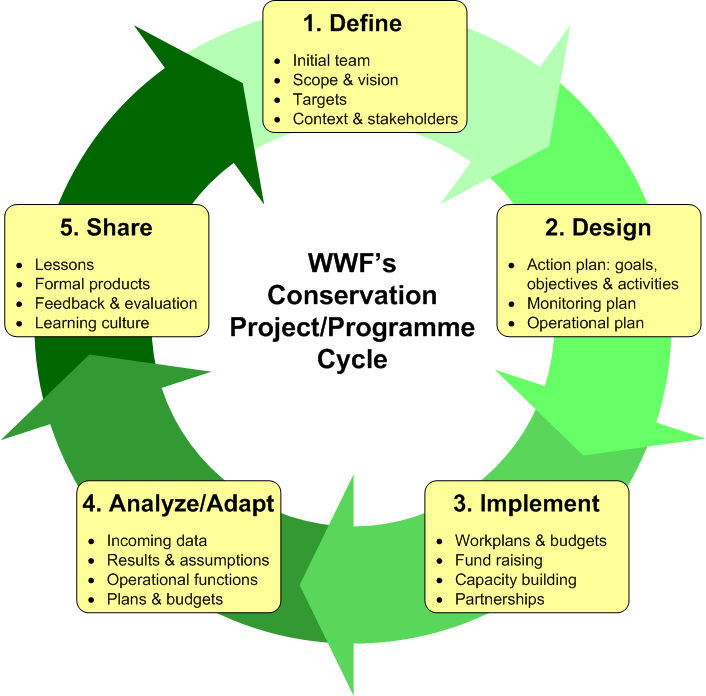Program Planning Budgeting System Definition
Planning, programming and budgeting system (PPBS) - Financial Definition Financial Terms Planning, programming and budgeting system (PPBS) Information about financial, finance, business, accounting, payroll, inventory, investment, money, inventory control, stock trading, financial advisor, tax advisor, credit. Caesar 4 Crack Descargar Load here. Main Page: Definition of Planning, programming and budgeting system (PPBS) Planning, programming and budgeting system (PPBS) A method of budgeting in which budgets are allocated to projects or programmes rather than to responsibility centres. Related Terms: Schedule of depreciation rates allowed for tax purposes. A set of accounts that summarize the transactions of a business that have been recorded on source documents.
The Planning, Programing, Budget and Execution (PPBE) process (see PPBE Map) is one of three (3) procurement processes that make up the Defense Acquisition System. The PPBE process is focused on the Financial Management and resource allocation for current and future DoD acquisition programs. Definition This approach. In one system the elements of planning, programming and budgeting all together and wascalled “planning‐programming‐budgeting system. Planning, Programing and Budgeting System. Planning, programing, and budgeting. Please select a reason for flagging this definition.

A method of budgeting that develops budgets based on expected activities and cost drivers – see also activity-based costing. Planning approach applying activity drivers to estimate the levels and costs of activities necessary to provide the budgeted quantity and quality of production a valuation method that uses actual direct material, direct labor, and overhead charges in determining the cost of Work in Process Inventory A budgeting process using summary-level information to derive various budget models, usually at the product family level. Silca Wintransfer Chrome here.
A racking system using automated systems to load and unload the racks. The process of formalizing plans and committing them to written, financial terms a formal process for gathering and analyzing information and producing intelligence to meet decision making needs; requires information about internal processes as well as knowledge, technologies, and competitors The process of choosing the firm's long-term capital assets. Refers generally to analysis procedures for ranking investments, given a limited amount of total capital that has to be allocated among the various capital investment opportunities of a business. The term sometimes is used interchangeably with the analysis techniques themselves, such as calculating present value, net present value, and the internal rate of return of investments. The process of ranking and selecting investment alternatives and capital expenditures a process of evaluating an entity’s proposed long-range projects or courses of future activity for the purpose of allocating limited resources to desirable projects The series of steps one follows when justifying the decision to purchase an asset, usually including an analysis of costs and related benefits, which should include a discounted cash flow analysis of the stream of all future cash flows resulting from the purchase of the asset.
Decision as to which real assets the firm should acquire. Charge-back system a system using transfer prices; see transfer price Clearing House Automated Payments System (CHAPS) A computerized clearing system for sterling funds that began operations in 1984. It includes 14 member banks, nearly 450 participating banks, and is one of the clearing companies within the structure of the Association for Payment Clearing Services (APACS). Clearing House Interbank Payments System (CHIPS) An international wire transfer system for high-value payments operated by a group of major banks. Continuous budgeting a process in which there is a rolling twelve-month budget; a new budget month (twelve months into the future) is added as each current month expires Corporate financial planning Financial planning conducted by a firm that encompasses preparation of both long- and short-term financial plans. Cost control system a logical structure of formal and/or informal activities designed to analyze and evaluate how well expenditures are managed during a period cost management system (CMS) a set of formal methods developed for planning and controlling an organization’s cost-generating activities relative to its goals and objectives cost object anything to which costs attach or are related Du Pont system A breakdown of ROE and ROA into component ratios.
Dupont system of financial control Highlights the fact that return on assets (ROA) can be expressed in terms of the profit margin and asset turnover. Electronic Federal Tax Payment Systems (EFTPS) An electronic funds transfer system used by businesses to remit taxes to the government. Enterprise resource planning (ERP) system a packaged software program that allows a company to (1) automate and integrate the majority of its business processes, (2) share common data and practices across the entire enterprise, and (3) produce and access information in a realtime environment Enterprise resource planning system A computer system used to manage all company resources in the receipt, completion, and delivery of customer orders.